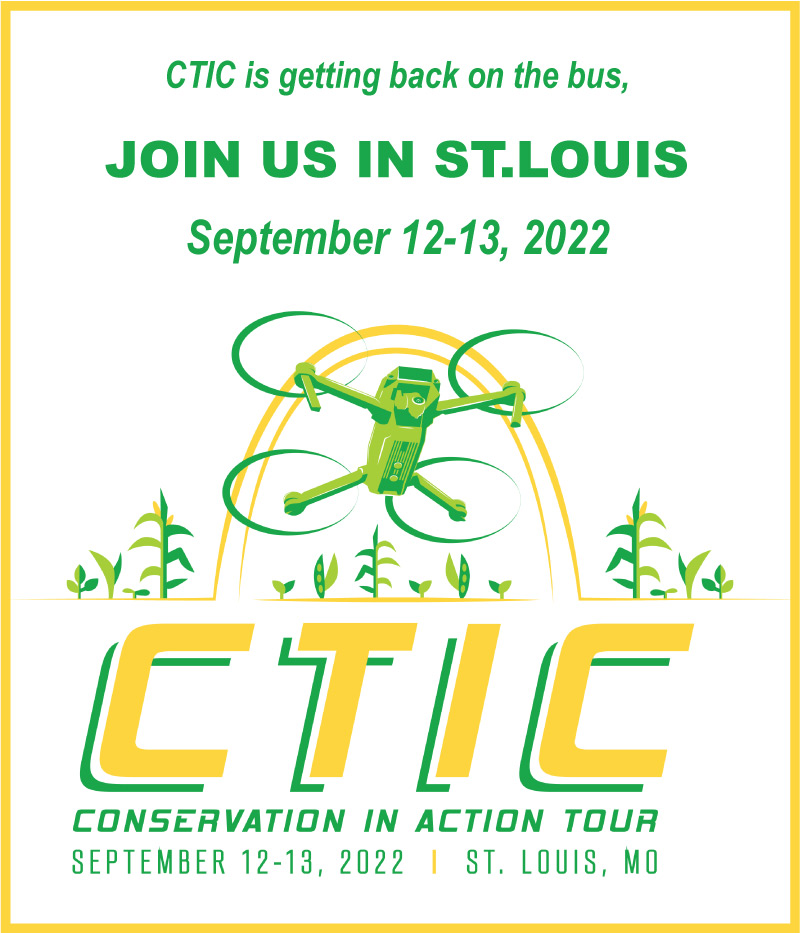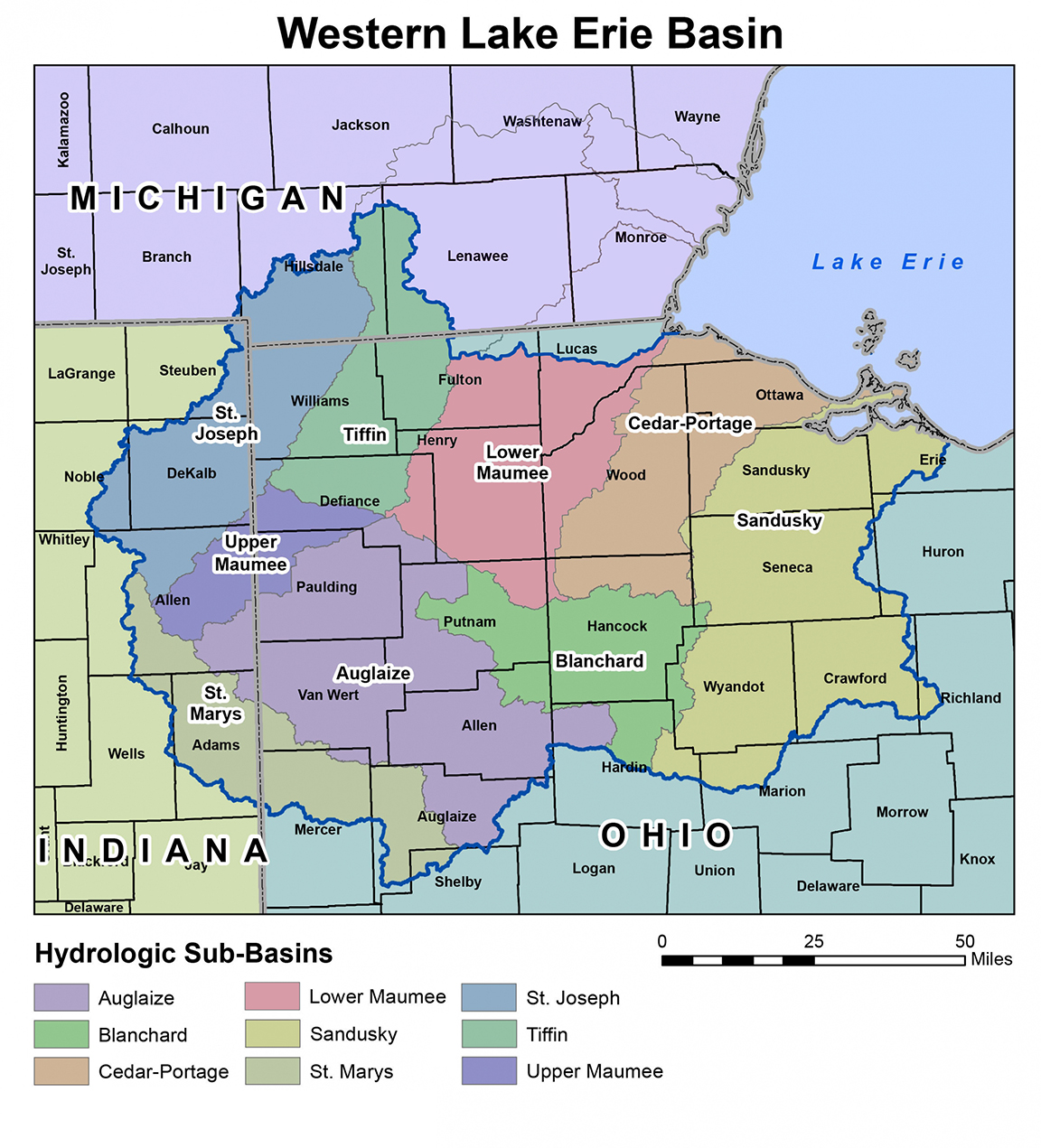New CTIC Executive Director Mike Komp Takes the Helm
WEST LAFAYETTE, Indiana (April 24, 2019)—The Conservation Technology Information Center (CTIC) welcomes its new Executive Director, Mike Komp. The role will call upon Komp's skills to build collaborative networks that help promote and champion conservation farming systems, secure funding for new programs, and—increasingly—help analyze and disseminate digital data on conservation practices.
As interest in sustainable farming practices grows among farmers, consumers, and policymakers, CTIC's role is expanding, noted Terry Tindall of J.R. Simplot, Chair of CTIC's Board of Directors. So is the role Komp has been selected to fill.
"Mike brings skills that reflect not only the legacy of CTIC but also the technical knowledge that will help guide our organization into the future," Tindall said.
"For nearly 40 years, CTIC has kept up with the latest technology to collect and disseminate information about conservation agriculture. Today, with projects like our new Operational Tillage Information System (OpTIS), remote sensing and big-data analysis are becoming central to our mission," Tindall added. "Mike brings his experience in those fields—and his program development skills—which will help farmers, consultants, researchers, conservation professionals, policy makers and so many more stakeholders put that information to work promoting farming systems that are economically and environmentally sustainable."
Komp was named to Oklahoma's NextGen Under 30 list in 2016 in recognition of his innovation and leadership. An expert in geographic information systems (GIS) and remote sensing, he most recently served as Technical Program Manager for Agricultural Technology at the Noble Research Institute. The role included collaborating with academic researchers, government agencies, farm groups, consumer products companies and others.
His work experience with Noble Research Institute and with a contractor for the National Parks Service includes hands-on natural resource condition assessments in national parks and rangeland as well as program development and coalition building around agricultural technology.
Komp, who holds master's degrees in geographic information science and business administration, says the information CTIC gathers and shares is increasingly vital not just within agriculture, but throughout the entire value chain linking farmers to consumers.
"Fundamentally, conservation starts on the ground with the folks engaged in agriculture and natural resources, especially farmers and ranchers," Komp said. "CTIC plays an important role in transferring technology and research into application within the economy. We can bridge the critical gap between science, innovative technology, and industry to increase consumer confidence in agriculture and enhance our natural resource base for generations to come."
# # #
The Conservation Technology Information Center (CTIC) is a national public-private partnership that includes farmers, policy makers, regulators, academic researchers, agribusiness leaders, conservation group personnel, farm media and others. CTIC connects, champions and provides information on sustainable agricultural systems and technologies that are productive, profitable and preserve natural resources. CTIC is supported in part by the U.S. Environmental Protection Agency, USDA Natural Resources Conservation Service, and other public entities.

